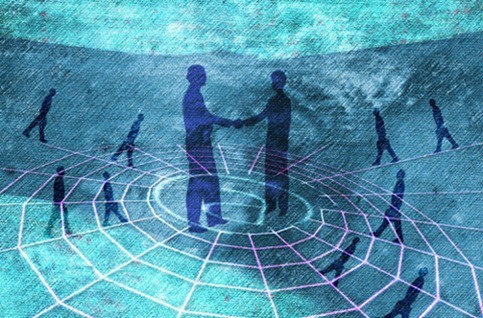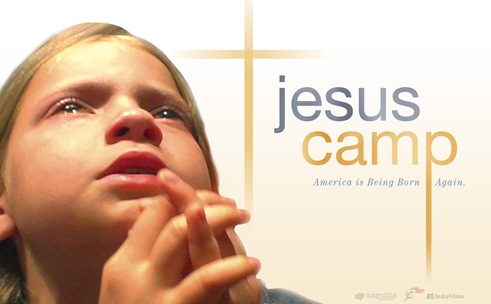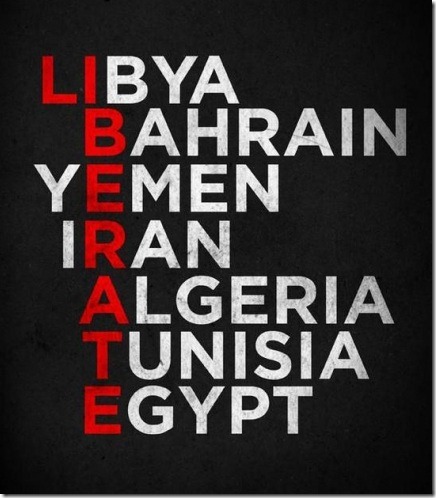Richard Dawkins appeared as the featured guest on Al Jazeera’s social media-driven show "The Stream”. It aired on Wednesday, June 27th, 2012.
I feel honoured to have been invited to participate via Google+ Hangout.

The first question I asked Dawkins:
Research suggests that there is a correlation between things like insecurity, poverty, poor standards of living, lack of proper education, lack of proper healthcare, income inequality and other such socio-economic indicators…. vis-à-vis religiosity. It would seem that for as long as long as people live in desperate conditions, they will always be susceptible to irrational beliefs that promise to address their problems.
In a country like Uganda, where I live, looking at these indicators, we do poorly and this might partly explain why religiosity and other form of superstition persist, even when science has come a long way in providing explanations for a lot of things people attribute to the supernatural, such as sickness, and poverty.
So my question is… What are your thoughts on how one might go about telling a person to not go to a witchdoctor, or miracle healing crusade… when he’s illiterate, uneducated, impoverished, with there being no clinic in sight for 100 kilometres?
I ask this because it almost seems like for rationality to flourish, it requires that societies or individuals in those societies, to be relatively well off first, and not so desperate.
I have asked myself this question many times, given my experience with trying to promote critical thinking here in Kampala, Uganda.
People here mainly resort to quackery out of poverty and desperation. No matter how many times I try to explain how there is no evidence that witchcraft works, for as long as the witchdoctor is promising that person what I cannot give, then he is more likely to listen to the witchdoctor than me. It is also true that the quality of education is very poor – and that is even in cases where any form of education is at all available. I get the feeling that unless these socio-economic issues are resolved, communicating the need to think critically will fall on deaf ears.
We have, however, witnessed greater success among the middle-class, where there has been some interest in the issues we raise. Given that they don’t really need to go to witch-doctors (since they can afford to go to proper hospitals, and they have also been educated somewhat) they tend to be less prone to falling prey to the quacks, as compared to their upcountry counterparts.
Economic empowerment thus seems to be a highly significant factor in creating the conditions that allow rationality to flourish (I stand to be corrected, but I haven’t heard of a poor society that tended not to be superstitious at a general level). Sadly, it looks like its going to be a long while before we emerge out of poverty.
For the time being, we’re simply going to continue to make the facts about pseudoscience, witchcraft, alleged miracles and demonic possession available on this blog and the various platforms through which we express our views. There will surely be those that seek such information; its our duty to make sure its there for them to find.
And my second question for Dawkins:
Voltaire famously said “if God did not exist, it would be necessary to invent him" When I look at the online atheist community today, I am reminded of Voltaire’s words.
While they may not believe in any gods, many atheists do seem to have their fair share of sacred cows, and in the defense of these sacred cows, will often use the same logical fallacies, and what have you.. that you often encounter when arguing with religious believers.
When it comes to dismantling creationism let’s say, they’re as rational as rational can get, discuss something related to feminism, and well, I think you know what happens.
So when you see this happening among a community of people that pride themselves as being rational – a community that you played a very big role in building, how do you feel? And what do you think is the way forward?
Unfortunately, because the show run out of time, Dawkins was not able to address this question. He did ask me to clarify what sacred cows I had in mind. I couldn’t do it then, so I’ll clarify now.
The sacred cow I had in mind was radical gender feminism.
I have keenly, and with dismay, been following the downward spiral the quality of critical thinking has taken within the online atheist community since the Elevatorgate fiasco – and the madness is showing no signs of abating, some it it brilliantly captured in this brilliant essay by Paula Kirby.
My second question aimed to get Dawkins’ thoughts on the way forward, in light of all this. The sacred cow, known as radical gender feminism, is destroying the online atheist community. To me, it is indistinguishable from religion, and is equally dogmatic – and not based on science or facts.
It would have been great to hear his response to this question.
















Recent Comments